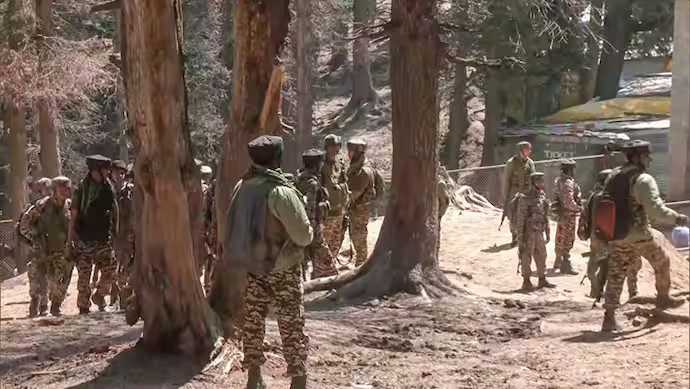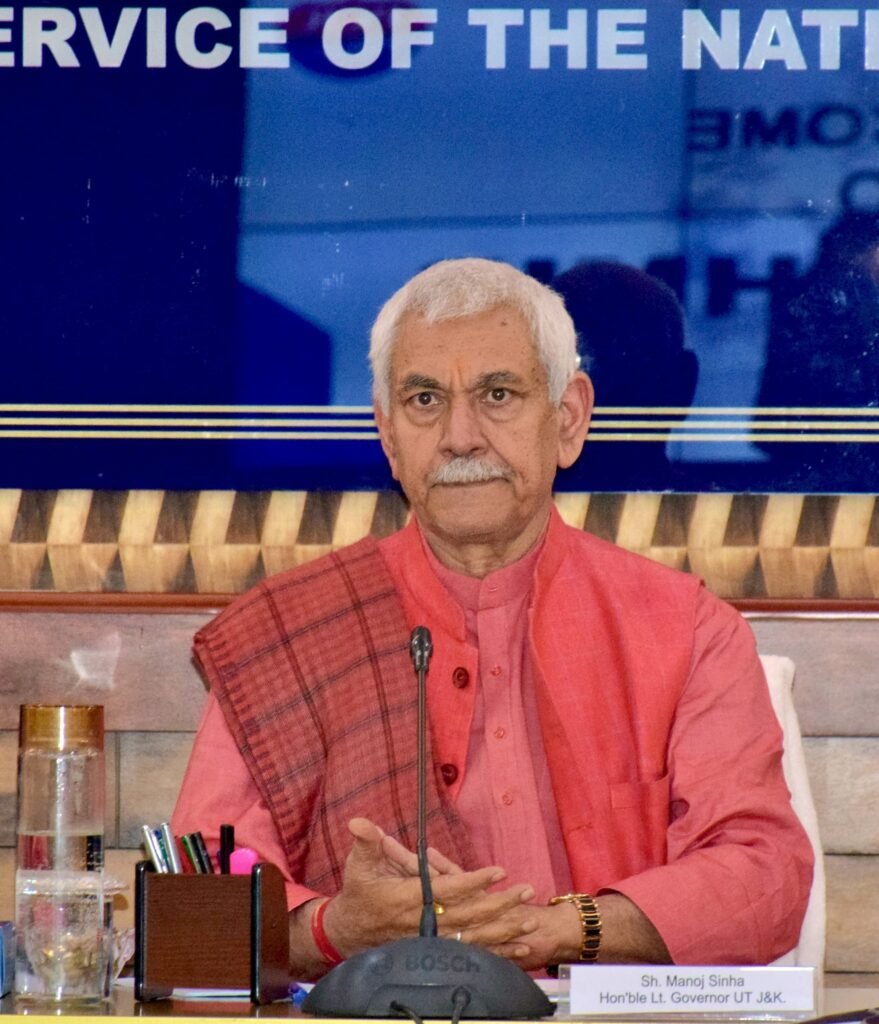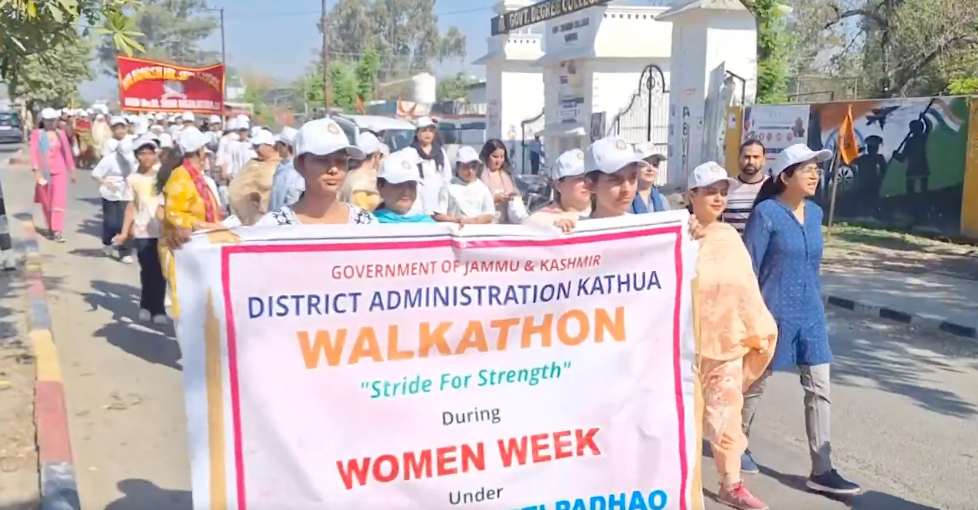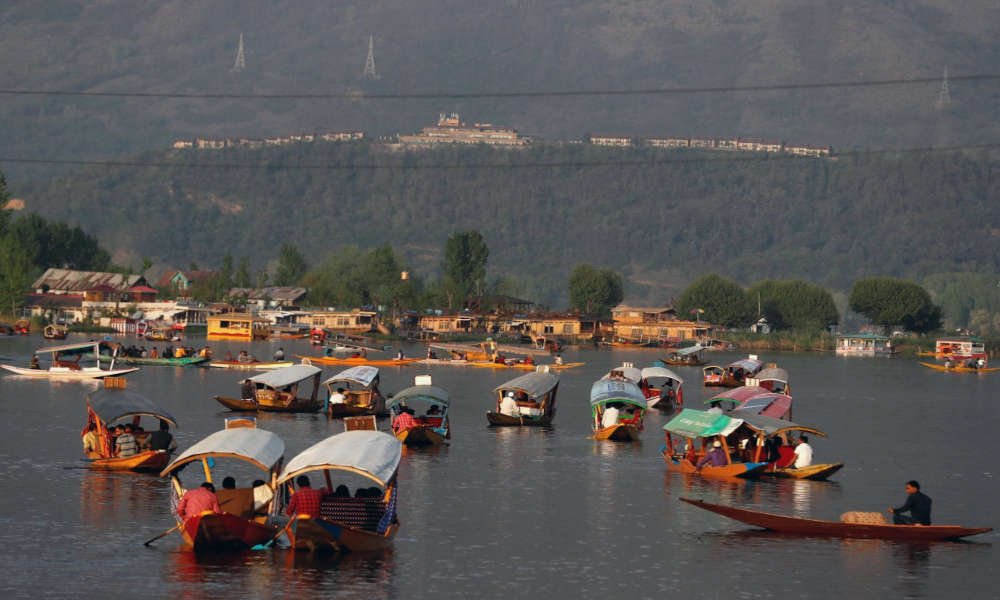RAJOURI, April 29, 2025 – In response to the devastating terror attack in Pahalgam on April 22, 2025, which claimed 26 lives, the Indian Army has conducted specialized training for members of Village Defence Groups (VDGs) in the Nowshera sector of Jammu and Kashmir’s Rajouri district. This initiative aims to strengthen local security and enhance community resilience against terrorist threats in the region.
The training program, conducted over several days, focused on equipping VDG members with essential skills in weapon handling, tactical response, and counter-terrorism measures. Designed to empower local communities, the sessions included practical drills, intelligence-sharing protocols, and coordination with security forces to bolster grassroots-level defense. The Army’s efforts underscore the strategic importance of VDGs in supporting security operations, particularly in vulnerable border areas like Rajouri, which lies close to the Line of Control (LoC).
The Pahalgam attack, executed by five to six terrorists affiliated with The Resistance Front (TRF), a proxy of the Pakistan-based Lashkar-e-Taiba (LeT), targeted tourists at Baisaran meadow, killing 25 Indian nationals and one Nepali citizen. The brutality of the assault, coupled with evidence of Pakistani involvement, has heightened tensions and prompted a robust response from Indian authorities. Investigations have identified Hashim Musa, a former Pakistani para commando, and Adil Thokar, a local militant, as key figures in the attack, with forensic evidence confirming the use of AK-47 and M4 assault rifles.
“The training of VDGs is a critical step in fortifying our defenses and ensuring that local communities are prepared to assist security forces,” said a senior Army official in Nowshera. “In the wake of the Pahalgam tragedy, we are committed to enhancing vigilance and coordination to prevent such incidents.” The program also aims to foster trust between locals and the military, encouraging residents to report suspicious activities promptly.
The Nowshera sector, known for its proximity to the LoC, has seen increased security measures, including vehicle checks and intensified patrolling along the Jammu-Rajouri-Poonch highway. The Army’s training initiative complements broader anti-terror operations across Jammu and Kashmir, which have been ramped up following the attack. Over 1,500 arrests have been made, and 14 active terrorists identified, as security forces work to dismantle terror networks.
Local VDG members expressed gratitude for the training, noting its importance in empowering them to protect their communities. “This training gives us confidence to support the Army and keep our villages safe,” said a participant from Nowshera. The program is part of a larger strategy to revive and strengthen VDGs, which have been instrumental in countering militancy in remote areas.
As tensions with Pakistan escalate, with India suspending the Indus Waters Treaty and Pakistan denying involvement in the attack, the Indian government has vowed a strong response. Prime Minister Narendra Modi and Defence Minister Rajnath Singh have held high-level meetings to address the security situation, while the Jammu and Kashmir Assembly passed a resolution condemning the attack and reaffirming its commitment to communal harmony.
The Army plans to expand VDG training to other vulnerable sectors, reinforcing its resolve to create a terror-free Jammu and Kashmir. The initiative reflects a proactive approach to counter-terrorism, blending community engagement with military preparedness to safeguard the region.











